There are frequent cases when the detectorist has to deal with inadequate performance of the metal detector right in the field, in the middle of metal detecting on the location. The most frequent situation is when the detector starts giving out tons of fake signals without obvious reasons. For sure, no treasure hunter wants to stop, collect their things and rush to the customer service immediately to find out what’s up. However, there is no need to do that, because it is totally possible to handle the problem on your own.
Problem 1: Untypical Signals
One of the most widespread issues is untypical or fake signals. Here is what one should do:
- check the battery, whether it is charged and working properly, because fake signals are frequent when the battery is almost dead. It is always a good idea to have an additional set of batteries when you go to any location.
- next, check whether there are power lines around the patch you are combing through. Radiointerference, or other metal detectors close to you can also cause fake signals. To handle this issue, use frequency shift, if such function is present. If not, you should probably move to another location.
- another potential reason is powerful gadgets in your pockets or even in the backpack. Modern devices are powerful sources of signals, and sensitive detectors can react to them, as well.
- after you have made the previous steps, fake signals should have been removed. If not, check the metal detector itself, the reason must be the machine itself.
If the problem lies in the metal detector itself, you have to find out whether it is the coil or the control unit. To check that, use additional compatible coil, your or another detectorist’s. If the coil functions well, than your coil has a fault. If the borrowed coil fails, as well, it means the problem is in the control unit. In this case, you definitely need expert’s advice. You won’t be able to fix the control unit on your own.
Problem 2: Search Coil
Now, the majority of problems that cause faults in the coil can be fixed on your own directly in the field.
- if the weather is hot, the transmitter gets hot as well, and the loop starts giving you phantom signals
- if you work in wet weather, or the location has wet grass etc., the same effect can be caused by water getting into the coil
- if you use coil cover, keep in mind that sand, dirt, or water can still get underneath, preventing the coil from proper performance. So take the cover off from time to time and clean it.
- sometimes the problem is not in the coil itself, but in the cable. Try to move it back and forth, and if performance of the coil renews, the cause is in the jackplug.
Problems That Can’t Be Solved In the Field
Yet, not all issues can be solved directly in the field. There are issues that require expert’s advice and maintenance:
- failed mounting in the coil due to physical damage
- malaxation caused by heat
- damaged loop
If the issue with metal detector is not fake or untypical signals, and you experience loss of depth, or inability of the machine to recognize certain metals, maybe the damage is serious, and you’d better take the device to maintenance.
Conclusion
Nobody is happy having trouble with a metal detector right in the field. Luckily, if the machine is by reliable manufacturer, you are likely to quickly fix the issue on your own. If the issue is more serious, remember that branded Customer Services are more reliable.
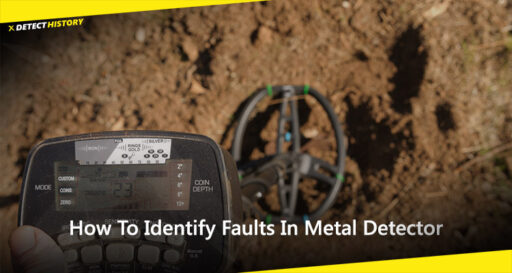
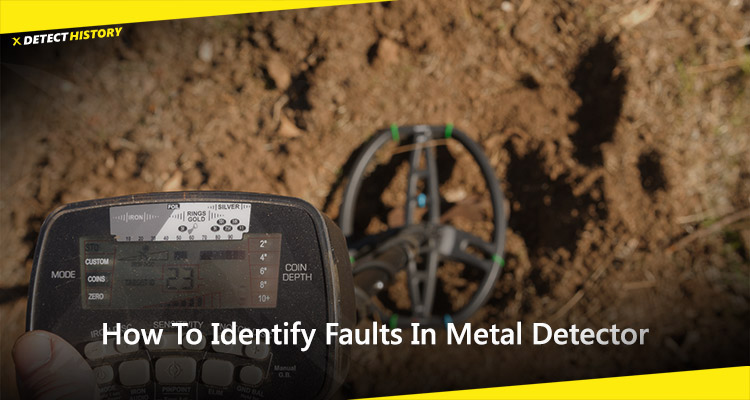
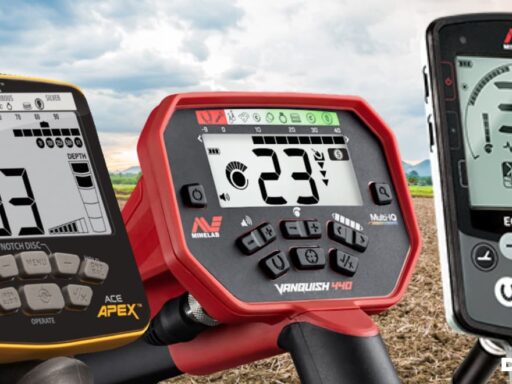
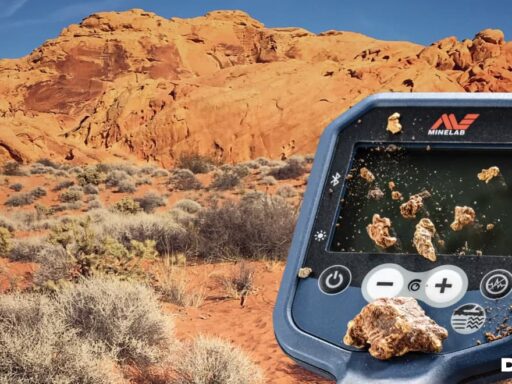
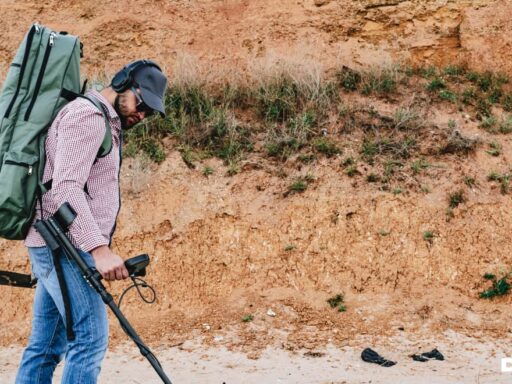
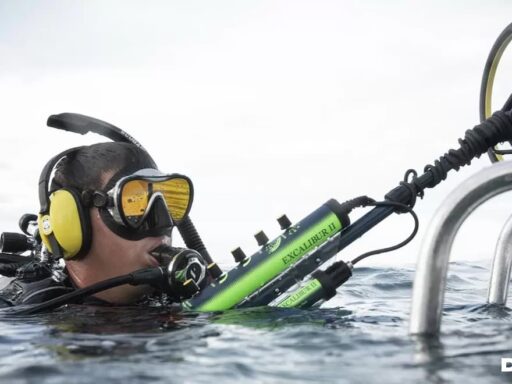
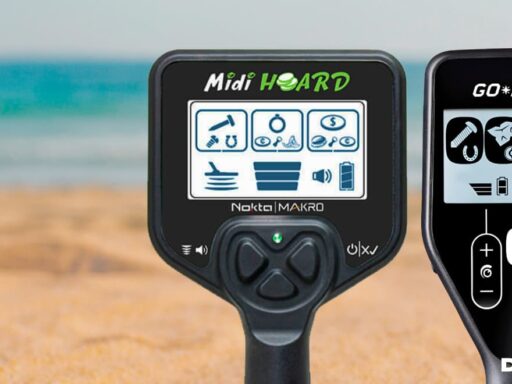
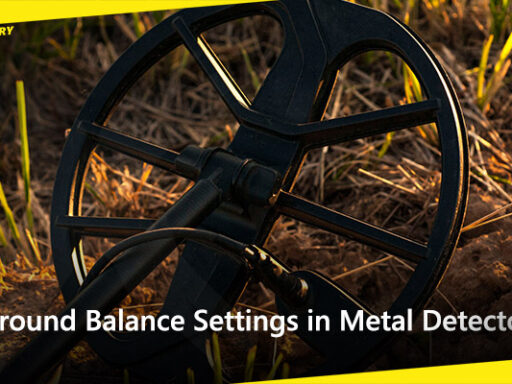
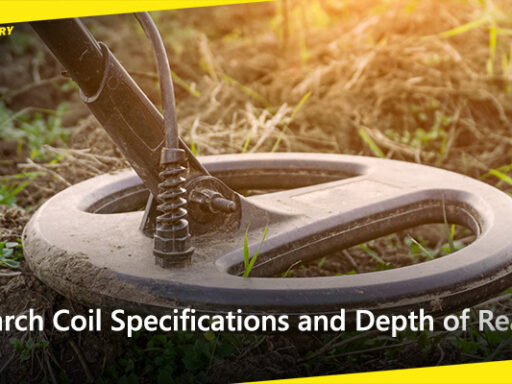
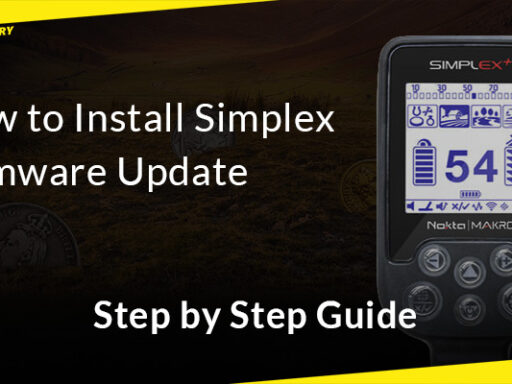
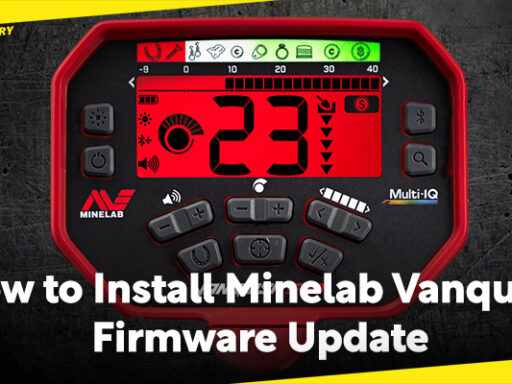
Hello Michael, I would like your suggestion about what
metal detector to buy. I want an all-purpose metal detector for mineralized
soil and beach. I am looking for coins and jewelry (gold and silver) mostly. I
want very good separation, very fast recovery speed and adjustable threshold if
possible. Also, I have low budget, until 450 euros. I was thinking about B. H.
Time Ranger Pro (19Khz), Teknetics Patriot (13Khz) Would you choose one of
these OR something else and why.
I was a minelab Safari owner and I sell it because it
had some technical problems with the detector. Safari was very good detector
for silver, copper and brass but very bad at gold. Also, it was very good to
identify euro coins vdi numbers and had characteristic sounds. Now, I have a
Minelab Vanquish 540 and I have test it several times. What I like, is the
sounds (reminds me a little bit of Safari) the better identification that has
for gold in contrast with Safari and the faster recovery speed. What I do not
like is the bad target separation when hunting in areas with a lot of trash and
iron, no threshold button and also, I faced a problem when I used it. I am
using the coin mode with discrimination from -1 to 0 and the jewelry mode. Iron
bias low and sensitivity one or two bars down. When I am suspecting that I hit
a coin but it is iffy signal and I want to know if it is trash or coin by using
the all-metal mode, to hear if there is iron tone or it is clear nonferrous
tone, the iron tone is very strong and confused me for the target. As a result,
I missed the coin. I have to say that a strong iron tone is heard most of the
times when using the all-metal mode and sometimes even when I am using the
other modes it is a mix of ferrous and nonferrous sounds. What is the mistake?
About the detectors that I mentioned, I thought that T.R.
Pro because of the 19Khz would have better separation than the other detectors
in the list. Right or wrong?
About Simplex I do not like the sounds at all in
contrast with minilab’s sounds. Also, I have notice that despite changing ground
conditions the mineralization bar did not work.
I insist in a
metal detector with excellent separation but also with very good depth. After
that what is your suggestion justified?